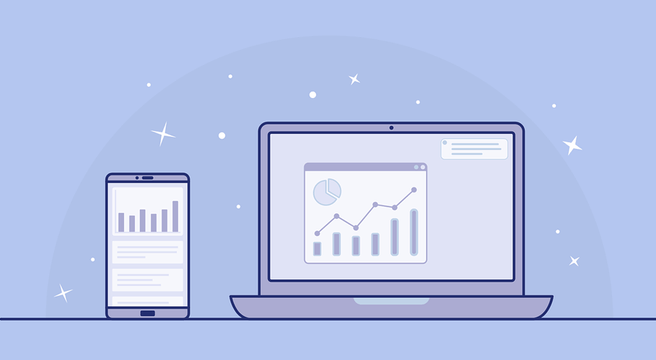Customer relationship management (CRM) software and tools organise the way you look after your customers and prospects.
They bring together the data you have on each customer, and how you interact with them, in one place – making it easy to give a personalised service.
Here are our tips on getting the best from CRM.
Why use CRM?
Managing your relationships with customers is a vitally important task if you want them to be satisfied with your service, to be loyal to you and to return for future purchases.
It also saves valuable time looking for and sharing information, as everything is stored in one place.
A good CRM system will let you:
- keep all your contact information in one convenient place;
- record and track each stage of the sales process with a particular customer, from opportunities to quotes and orders;
- share information with other employees;
- identify sales leads to be followed up;
- save useful notes about a particular customer or prospect;
- link together different contacts, eg alternative contacts in the same organisation;
- generate lists of customers and prospects by different categories, so you can target your marketing efforts.
Choosing a CRM system
There are plenty of different CRM software solutions available. To find the right one for you, you need to think about exactly what you want to get out of the system. Many solutions will come with a cheaper ‘basic’ model, a more advanced model and possibly the ability to customise so you can add exactly the features you need.
Compare several different options and look closely at the features each one has before making up your mind.
For example, some tools might be cloud-based, meaning you can easily access them from any location, or might have a mobile version for when your employees are out on the road. Others might let you track your social media activities through the system. Could this benefit your workforce?
Managing the CRM
A CRM system is only as good as the data in it. For your CRM system to be useful, you really need to make sure that customer interactions are being recorded accurately by all the relevant members of staff. You can usually set permissions so that only certain people have the ability to make or edit the data.
You might come up against some resistance when installing a new CRM system, especially if your employees haven’t used one before – as it can be seen as ‘extra paperwork’. To combat this, you need to carefully explain the long-term benefits the system’s going to bring, and how your employees can use it to make their day-to-day tasks easier.
Make sure all the employees who use it also have the right training and ongoing support.
This article is provided only for general informational and educational purposes. It is not offered as and does not constitute legal or other professional advice on the subject matter in question. You should not act or rely on information contained in this website without first seeking professional advice on the subject matter in question.





